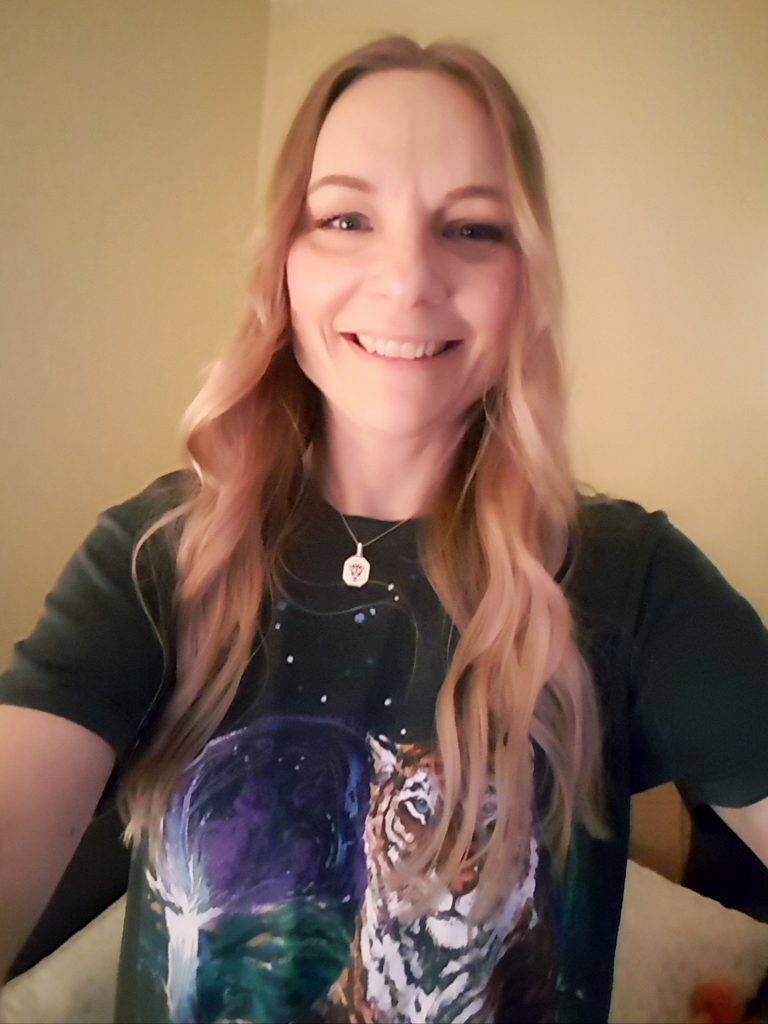
Welcome to Club Research, located within the Sociology unit of the School of Geography, Politics and Sociology (GPS) at Newcastle University, UK
Club Research is run by me, Dr Karenza Moore, and is the home of my research on the use of alcohol and drugs; drug markets, laws and policing; drug policies; night-time economies (NTEs) and other contemporary (youth) leisure spaces such as festivals and afterparties; dance music (sub)cultures and ‘scenes’; and drug research methods and ethics. Another strand of my work focuses on digital technologies.
I have been researching and writing about drugs for more than 20 years. My research mainly explores the prevalence, use patterns, emerging drug trends, meanings, motivations and consequences of drug use (widely defined), especially polydrug use, and drug use in recreational settings, including at illegal raves, clubs, festivals and afterparties. Using quantitative, qualitative, and mixed methods, and drawing on recent turns towards the material, affective and sensory within the social sciences, I contest simplistic notions of ‘drugs’ and explore drug use as highly contested practices involving moral significance and normative judgements. I am committed to contributing to ‘critical drug studies’, cultural and critical criminology, the sociology of crime and deviance, digital sociology, youth studies and critical public health.
Taking a sociological view of intoxication (rather than or alongside epidemiological, public health and criminal justice approaches), my work explores drug use and intoxication as part of situated practices in specific socioeconomic and cultural contexts such as contemporary night-time economies (NTEs) and domestic party spaces.
My recent publications focus on the stigma and shame associated with MDMA/Ecstasy use in leisure-pleasure spaces/times, notably in Covid times (quarantine raves, socially distanced events etc), and in the highly securitised spaces of UK dance music festivals (Moore 2022). I also recently published work on the ‘liminal leisure spaces’ of disadvantaged young people in England with Dr Nick Woodrow (Woodrow and Moore 2021), as part of a SI of the Journal of Applied Youth Studies (Moore et al 2021).
In 2019 I co-authored a report on the regulation of MDMA/Ecstasy for the Beckley Foundation. In 2018 co-authored a book chapter and an EU report about undertaking targeted population surveys on recreational drug use across Europe, in collaboration with the European Monitoring Centre for Drugs and Drug Addiction (EMCDDA) and the European Society for Social Drug Research (ESSD).
I am currently writing about afterparties in the UK with Dr Lisa Williams, University of Manchester; conducting an online survey around ketamine use in the UK; writing a book on drug use at parties in domestic spaces; and I am Principal Investigator on the Safer Partying project at Newcastle University.
I have written 45 articles on various issues around drugs, youth cultures, and also gender and technologies. Please visit my Google Scholar profile where you can find all my publications and citations.
I hope you find this site useful and interesting. I really appreciate you taking the time to read it.
Stay safe,
Karenza
Newcastle University profile: Dr Karenza Moore, Reader in Sociology, School of Geography, Politics and Sociology, Newcastle University, United Kingdom
Degree: PhD Sociology (Surrey), MA Medical Sociology (Distinction) (University of East Anglia), BA (Hons) Sociology and French (First Class) (UEA), Higher Education Academy Fellow
Dance music DJ: I have been mixing house, trance and techno for nearly 20 years, and am one half of DJ duo ZNK. Listen to our mixes here